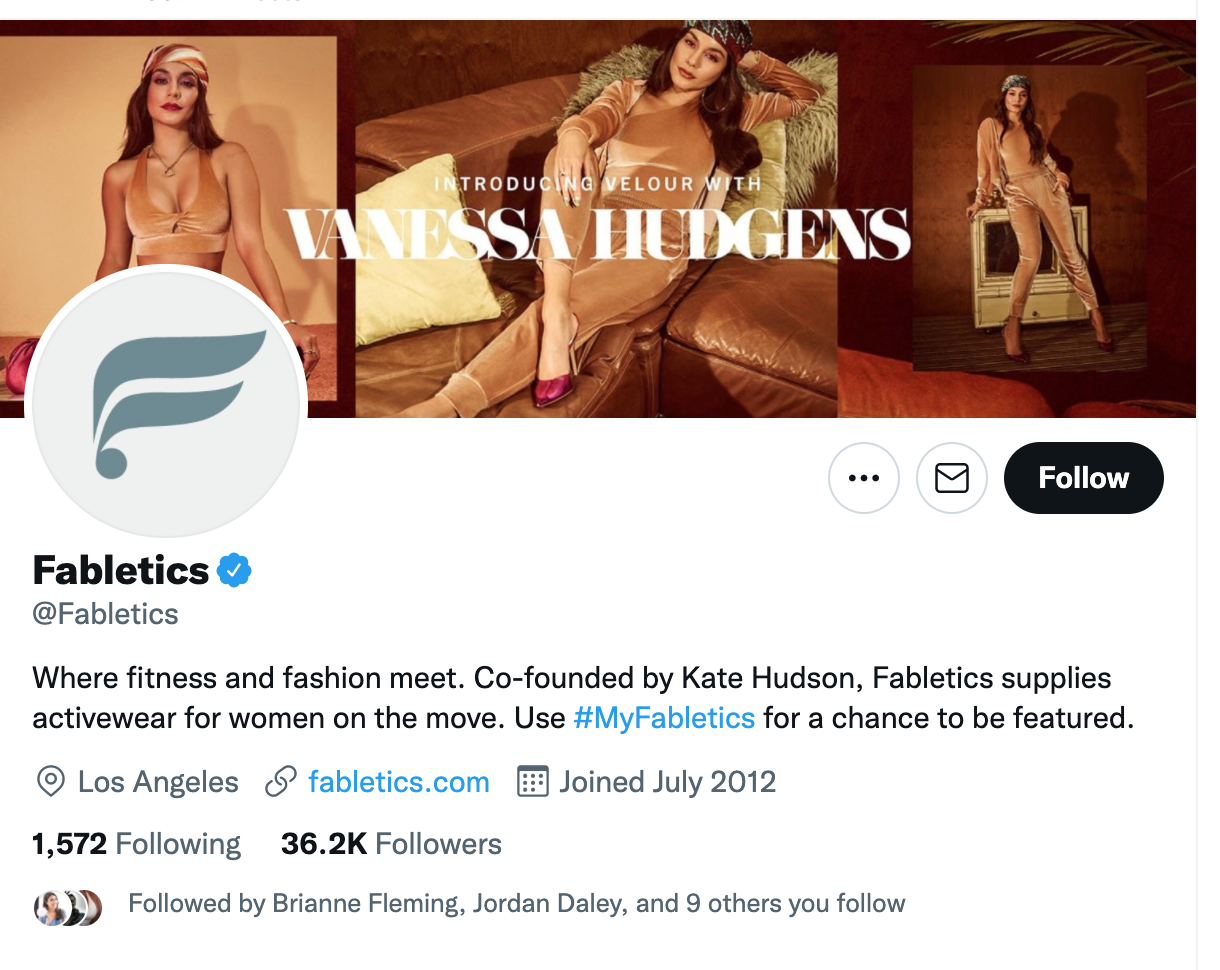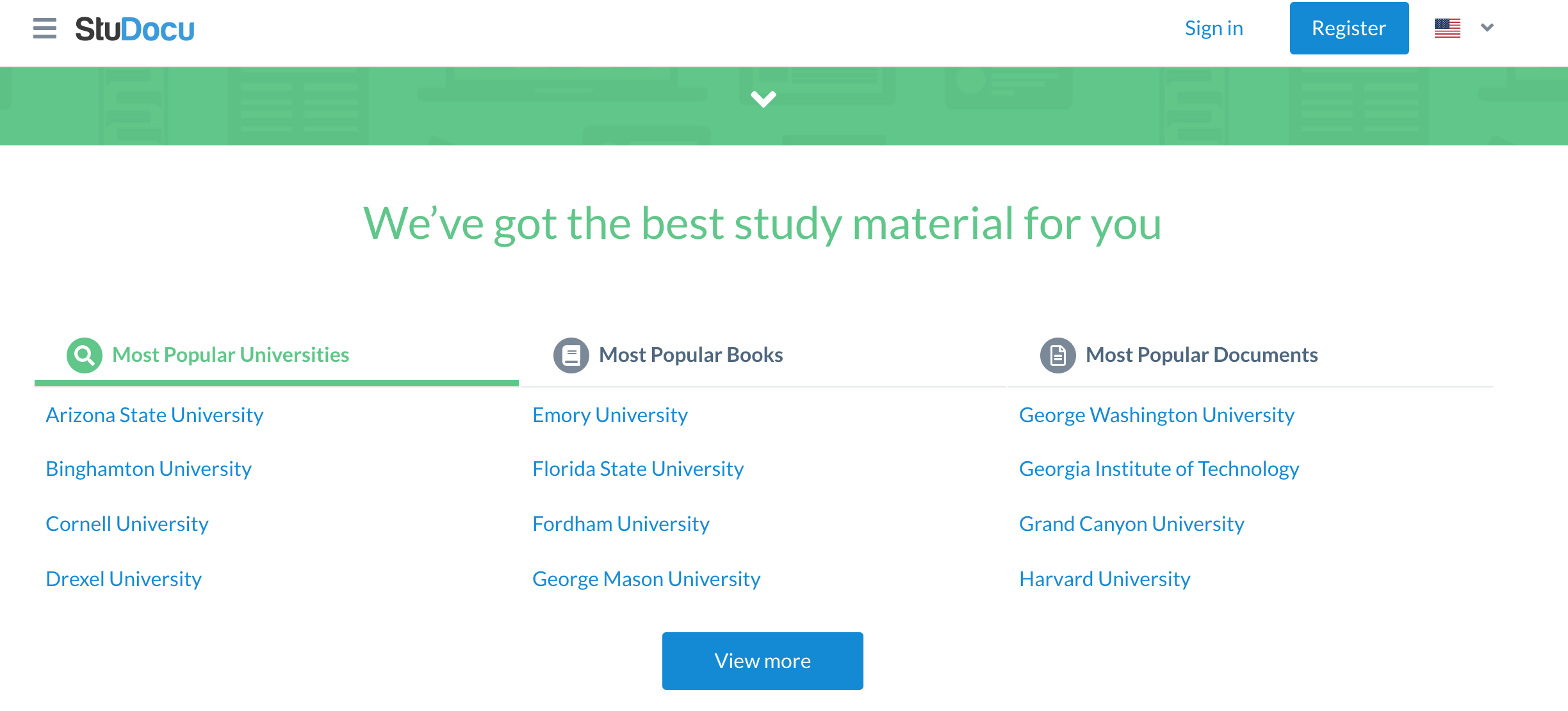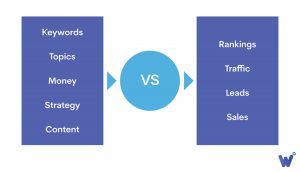You’ve finished incorporating your business, hiring your team, and building your website.
You’ve heard terms like “email blasts” and “lead lists,” but you’re not sure what they mean or what to do about them.
One thing you keep hearing, though (hearing, getting pestered about, same thing, right?) is how important it is to build a community.
But why? Well, you’re determined to find out. So you shrug your shoulders and go on to read this lovely little article about why building a community is essential to your business’ success. Welcome! Don’t worry, it’s a fun one. We don’t like boring articles either.
1. Sell Anything Like (insert Your Favorite Celebrity Here) Does
Having a tight-knit community allows you to create more income streams.
From adding kitten koozies to your kitchenware store section to building freelancer courses for mompreneurs, having a community means you can dabble, create, and diversify more.
Think about nearly every famous person you know. Whether they started as an actor on a childhood TV show or as a singer, they often go on to sell makeup, sportswear, perfumes such as Blanche bete, or other things that have nothing to do with how they got famous.
Why? Because they built a community first.
 (Image source)
(Image source)
2. You’ll Say Things Like: “help! My Business Is Going Viral!”
There’s nothing that feeds virality more than fans that shout your name from the rooftops. After all, customer-led brand advocacy is one of teh best marketing strategies.
From sharing your latest product post on Instagram to emailing a discount to their bff, your community has the means to make your brand go viral.
Take the platform, StuDocu, for instance.

StuDocu is a peer-sharing platform that went viral after building a community of like-minded college students. The platform started after four frustrated engineering students grew tired of not being able to find relevant study material in one convenient location. They decided to design a platform that would tick all the boxes they and their fellow college students needed.
By asking other college students to contribute, share, and download study resources, StuDocu rapidly grew into the college study hub we know today.
Here are some other major wins StuDocu has scored after building a community:
- Its customers now include 15 million students from 2,000 universities internationally
- Its tools grew so rapidly in popularity in 2020 that its monthly active users doubled
- Its community has encouraged the company to diversify offerings by adding things like one-on-one tutoring and group study
- It has secured three funding rounds — the last of which totaled $50 million
In other words, virality has the power to skyrocket your business.
3. Customer Loyalty Makes You Feel Like Royalty
Loyal customers are like die-hard fans who love bad teams. No matter how many ups and downs you go through, they’ll still be right there rooting for you in the bleachers.
That doesn’t mean your business is bad or will ever become bad. It just means that as a business owner, you’re likely to make a mistake here or there. Having a loyal community around when you make that mistake makes all the difference in the world.
Without a loyal community, imagine how many people you’d piss off if your product ends up being faulty or your customer support team takes 30 minutes to respond one day.
And now imagine what that would look like if you did have a loyal community.
Sure, you’ll still get a few upset customers, and some may indeed bow out. But many will be forgiving and even nice when you mess up. That’s the beauty loyalty brings.
For instance, the route planning software company, Track-POD, has built more than 1,000 loyal fans on LinkedIn that adore it.
By engaging with its community through regular updates about travel delays, logistics trends, and valuable tips, it has developed fans that love and trust the software through thick and thin.
4. No More Pulling Your Hair Out When It Comes To Content Planning
Content planning – two words we’ve come to know and love. And hate.
When it comes to content planning, it’s difficult to know where to even start sometimes.
Should you conduct in-depth market research and analyze SERPs for weeks on end?
Should you use free tools that populate trending topics and common user questions?
Should you make a plan, post it, and cross your fingers, hoping and praying that it’ll work?

While all three of these options can work — okay, maybe not the third — having a community changes the content planning game for a few reasons.
These include:
- You don’t have to guess about what topics your audience wants you to cover
- You can use your community’s frequently asked questions to create an entire knowledge base section of your website
- You can cover unique, fun, and heartfelt topics that are personalized to your audience
- You’ll know how to truly connect and relate to your audience in a genuine, human way
- You’ll know what brand elements, terms, and language your audience prefers
In other words, having a community means knowing what your audience wants to hear and read when it comes to content marketing. For example, ScottsCheapFlights know exactly what they need to cover in their blog: finding the cheapest flights for your next vacation. That’s why they have created different guides such as this one to help their customers accomplish this goal.

5. Who Needs Business Consultants When You’ve Got A Business Audience?
Possibly one of the most beautiful aspects of having a community is letting your community shape your brand.
From paying attention to what your community has to say about their passions to receiving feedback when something isn’t working, having a community is like having a team of business consultants.
They’ll tell you when:
- Your messaging is off, rude, or offensive
- Your email subject lines are crappy, annoying, or brilliant
- A product or service is finicky or fabulous
- A competitor launches something they’d like you to launch too
- They want to see new products and services
- They have a suggestion that could improve your business operations, customer service, or offers
- They agree, disagree, hate, or love something you recently said
- You’ve made their day because a product, message, or service you provided was top-notch
The key? Make sure you voice your genuine desire to receive feedback from your community as LEGO does.
If you’re unfamiliar with LEGO’s history, you may be surprised to find out that the company almost went bankrupt in the early 2000s. While we don’t have time to get into the full story here, the most important part is how LEGO saved its brand from crashing.
Enter: the “Ideas” platform.
LEGO launched its Ideas platform in 2008 to encourage all of its fans to submit LEGO set ideas.
The result? Over one million users joined the platform, and over 26,000 ideas for LEGO sets have been submitted since.
By letting its community shape its brand, LEGO was able to keep from going under and in 2020 reached a brand valuation of approximately $7.54 billion.
In other words, skip the business consultants and let your community shape your brand.
6. Your employees are also part of your community
This might seem obvious but is too often overlooked – your employees are part of the community you’re building, too!
Regardless of the size of your business, or whether you outsource your HR management, don’t forget about your internal community. Your employees are the brand ambassadors of your business.
Cultivate a sense of ownership in your employees by including them in decision-making processes. Keep your employees happy. They will become your biggest advocate to build an external community around your business.
Building a Community is Essential for Building a Business
If we haven’t convinced you yet, here’s one more go at it: building a community is absolutely essential when building a business.
From diversifying offers to going viral and having business consultants at your fingertips, building a community is pivotal to your brand’s success.
No celebrities needed.




